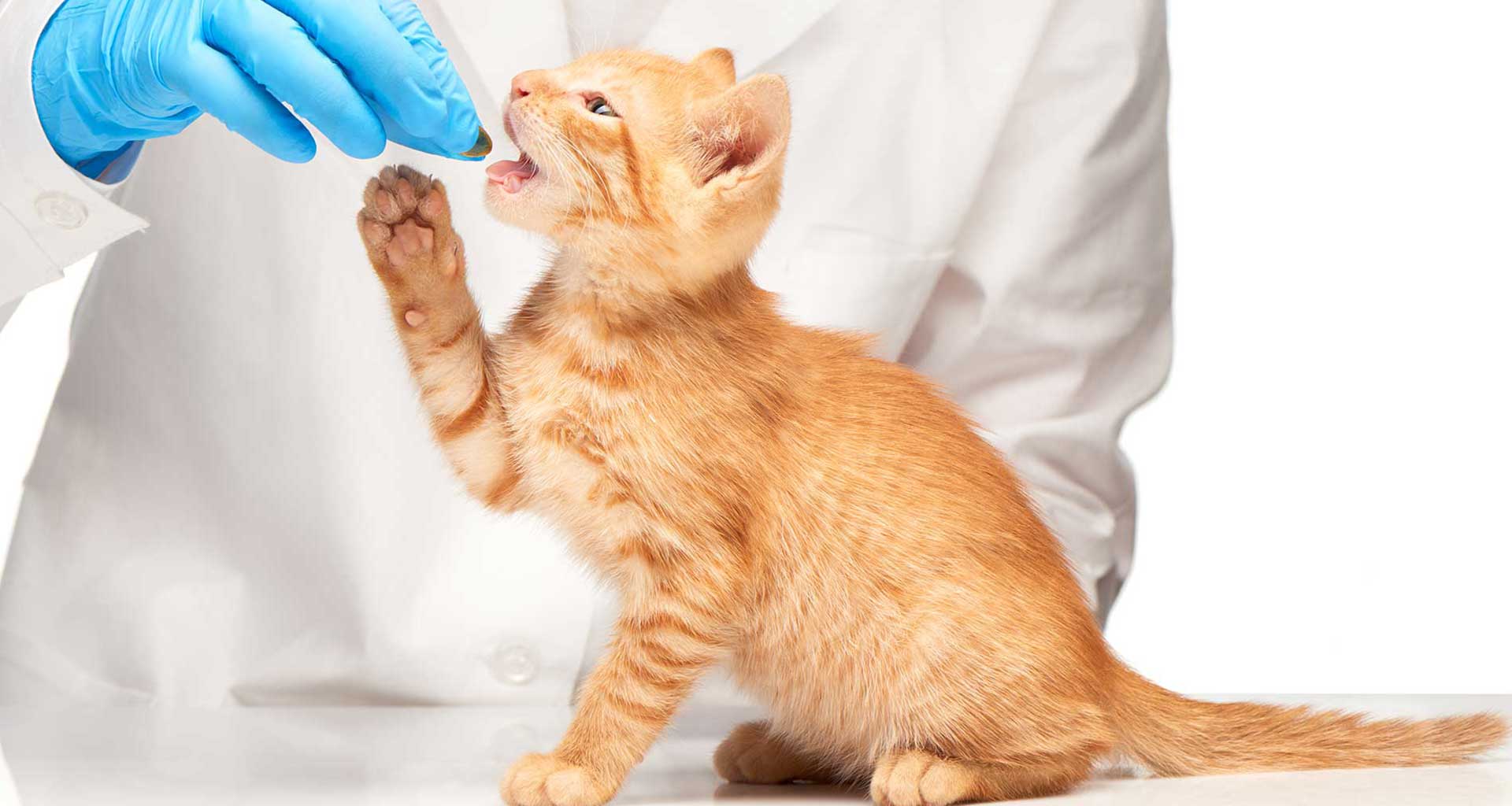Often your veterinarian or veterinary nurse will recommend blood testing for your pet. There are many reasons why such a blood test is important. In some cases it is essential for the diagnosis of a disease process, while in others it may be part of a routine wellbeing assessment to give your pet a ‘warrant of fitness’. The information provided by blood testing can significantly improve your veterinary team’s ability to help your furry family member. This is particularly important when leading up to your pet’s procedure at the clinic, as before they are placed under anaesthetic, the veterinary team need a clear understanding of your pets health status to anticipate any potential issues they may need to respond to during anaesthesia.
When a blood test is recommended
During your pet’s yearly check-up with the Veterinarian, a blood test may be recommended. The circumstances where your veterinarian may recommend a blood test includes:
- Your first visit to the veterinary clinic
- During a wellness exam
- If your pet is unwell
- A ‘pre-anaesthetic blood test’ prior to a procedure
- Before starting new medication
- During a senior wellness exam
Why a blood test is required
As mentioned, the pre-anaesthetic blood test can help provide your veterinary care team with more information about your pet’s health status. Through this, the procedure can be completed with extra precautions in place where indicated, such as underlying kidney, liver or inflammatory disease. The ability to detect evidence of these diseases in advance of anaesthesia ensure that the veterinary team are as well equipped as possible to respond to any issues that may arise, and ensures your pet can get the very best of treatment during the procedure.
Early detection through wellness blood testing is the key to identifying and treating health conditions before they become worse. Blood tests are vital because:
- As your pet gets older, more health problems tend to develop (similar to humans)
- Animals age faster than humans. This means that each annual blood test is as important as ever to discover any underlying health problems.
- Very similar to the importance of human blood tests, the information found about your pet’s health is invaluable.
Through a blood test, your veterinarian will be able to find illnesses such as kidney disease, liver disease, thyroid disease and diabetes. As serious as they sound, through early detection, the illnesses can be monitored and treated. In many cases the blood test results can come back without any health problems appearing giving you peace of mind also. Whether disease is indicated or all is well, blood tests are a vital monitoring and diagnostic process for our veterinary teams to ensure your pet receives the best possible care.
Cats
- Weight loss
- Changes in defecation and urinary habits
- Excessive grooming seen through licking of specific areas
- Guarding behaviour
- Loss of appetite
- Quiet or lack of agility
Often the signs of pain and discomfort can be more subtle and require a keen eye to identify. In our feline friends, you may notice that they are sleeping more and reluctant to jump or use their cat door. Our canine companions may be more hesitant to go on a walk or just get out of bed in the morning. As fur-parents, it is best to stay observant and always look out for any changes in your pet.
Looking out for out senior pets
Keep in mind that it is most likely not just an issue of old age when it comes to our senior pets, and that they may actually be in discomfort that needs alleviating. To help combat joint pain that can be caused by osteoarthritis, your vet may recommend an anti-inflammatory pain reliever like Metacam. Through this prescription veterinary medicine, your pet can experience relief from any pain that is caused by their inflamed and swollen joints. Commonly, the bones and joints that are affected are hips, knees, spine, shoulders and elbows.
Our pets are innately driven to hide their pain; suffering in silence is something we all know too well when it comes to our pets and their pain management. If you believe that your furry companion is experiencing any pain then speak to your veterinarian and with a little help from medication like Metacam, they can get back to enjoying their day. Who doesn’t love rugging up and embarking on a nice, winter’s walk?


